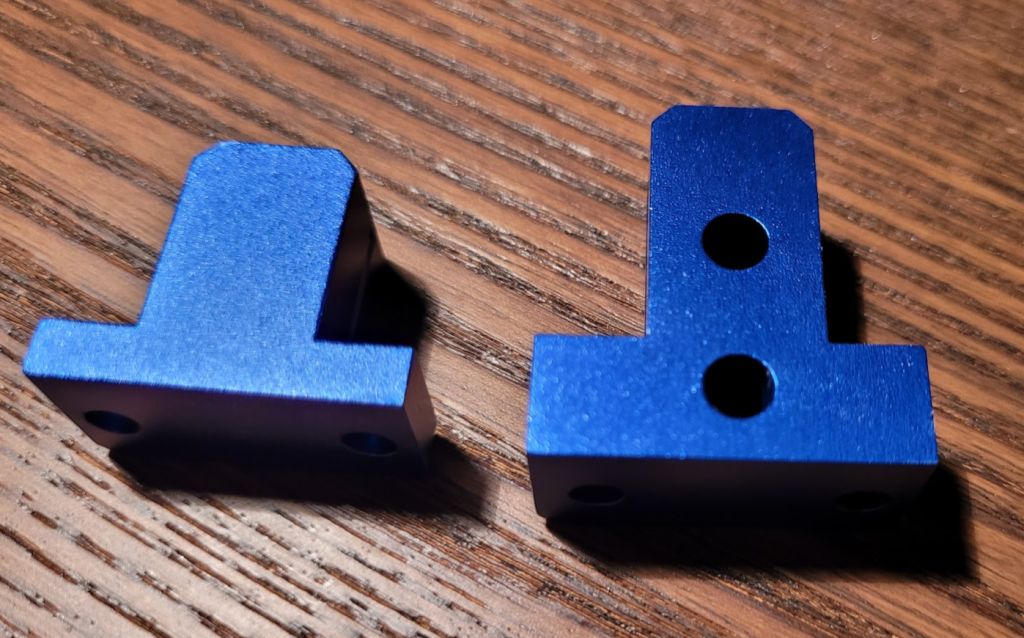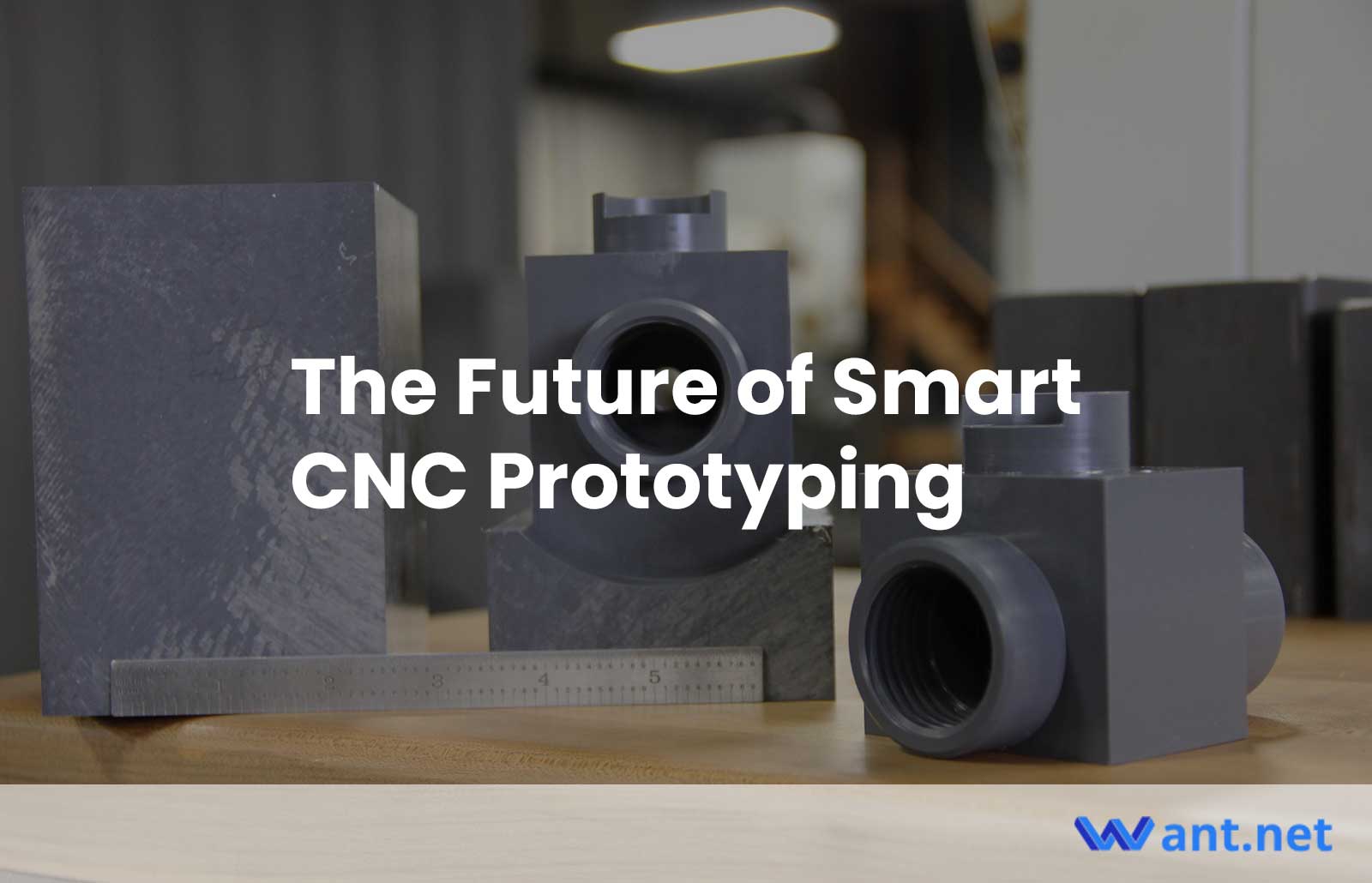Since the development of the first computers, information technology (IT) has steadily advanced, permeating every industry and dominating numerous functions. As electronic control systems and management software continue to evolve, the influence of IT has grown exponentially, resulting in increased efficiency and reduced costs across various sectors. Smart prototyping, in particular, stands to benefit significantly from IT advancements. One area that holds immense promise for transforming the prototyping landscape is the integration of artificial intelligence (AI) into manufacturing processes.
Artificial Intelligence for Prototyping Today

While AI is not yet at the forefront of prototype manufacturing, there have been notable developments in this field. Certain AI technologies, albeit not commercially viable or foolproof on a large scale, are already being used. For instance, manufacturers have widely adopted transportation robots capable of lifting substantial weights despite their compact size. These robots work in collaboration with human workers, ensuring a safe working environment. Machine vision plays a crucial role in their operations, allowing them to identify objects and determine optimal placement. Moreover, some manufacturing systems incorporate AI self-adjustment mechanisms, enabling machine tools to measure surface finish and automatically adjust cutting parameters if necessary.
However, these examples merely scratch the surface of AI’s potential to revolutionize prototyping.
Unlocking Efficiency with AI
While machines have already replaced humans in various labor-intensive tasks, decision-making has remained a human domain. As AI continues to advance, machines are increasingly capable of making their own decisions. Initially, determining how to handle parts and move them without collisions seemed relatively straightforward. However, the potential of AI in prototyping extends far beyond such basic decision-making. Consider the complex challenges of organizing part flow, optimizing parameters for CNC prototype machining, and selecting the most suitable materials for CNC machining. The possibilities are vast and reliant on AI’s capabilities.
Recent technological breakthroughs offer a glimpse into the near future, where AI could reshape smart prototyping in countless ways. Let’s explore some potential applications of AI in this domain.
Machine Vision for Unparalleled Precision
The demand for precision in modern industries is soaring, particularly as hardware circuits, microchips, and their enclosures shrink in size. Humans, despite their expertise, struggle to cope with the microscopic assemblies required. This is where high-precision AI robots equipped with machine vision can revolutionize the field. These robots possess exceptional flexibility, surpassing their mass-production counterparts. Through machine vision, they can handle minute tasks with unparalleled precision, making them indispensable assets in the prototyping process.
Process Planning Redefined by Flexibility
Effective process planning requires adept decision-making, a task currently performed by engineers based on their experience. While current software can calculate complex production chains and estimate project timelines, it falls short in terms of overall efficiency. Bottlenecks arise when multiple prototypes, small batches, and mock-up models converge, leading to inefficient equipment utilization. The next step in process planning software is empowering it with AI to enable autonomous organization of processes, operations, and machine shop layouts. By evaluating thousands of combinations in seconds, AI software can generate optimized solutions, revolutionizing the efficiency of prototyping workflows.
Safer Workspaces with AI-Driven Robots
Manufacturing processes often carry inherent risks, necessitating extensive safety regulations to protect human workers. Compliance with these regulations incurs significant additional costs for prototyping companies, ultimately driving up product prices. However, AI-powered robots possess decision-making capabilities and flexibility, rendering many safety regulations unnecessary. These robots can operate in hazardous conditions, including toxic environments, extreme temperatures, underwater, or in darkness, without compromising safety. By eliminating the need for stringent safety measures, AI-driven robots offer the potential for cost reductions and increased operational efficiency.
Mobile Deployment: Revolutionizing Prototyping Shops
By integrating AI into machine tools, loading robots, and control machines, synchronization and unified operations can be achieved. The implications are revolutionary. Traditional assembly lines, characterized by rigid structures and fixed workstations, excel in mass production but lack flexibility. However, through AI-driven mobile deployment, interconnected mobile units can collaborate and adapt to process any part. The central control system intelligently determines the required equipment units and orchestrates their integration. This paradigm shift fosters robotic collaboration, where machine shop layouts can be dynamically reconfigured to match the requirements of each day or even every individual part. The efficiency of this approach rivals that of repositioning human workers.
Expanding Horizons: AI’s Impact on Smart Prototyping
As we look toward the future, the integration of artificial intelligence holds immense potential for transforming the landscape of smart prototyping. From machine vision-driven precision to AI-empowered process planning and mobile deployment, these advancements promise to enhance efficiency, safety, and flexibility. The continued development and implementation of AI will undoubtedly revolutionize the prototyping industry, enabling innovative solutions, cost reductions, and streamlined workflows. By harnessing the power of AI, prototyping companies can unlock new horizons and propel themselves into a future where smart prototyping reaches unprecedented levels of productivity and effectiveness.
Recommended Reads:
- How Should Manufacturers Choose Materials For Their Prototypes?
- Preparing Your CAD Model for CNC Machining
- The 5-Step Guide to Mastering CAM in CNC Machining
- 4 Remarkable Uses of CNC Plasma Cutters
- Common Mistakes to Avoid When Writing G-Code
Related Posts
- Precision CNC Machining of Steel: High-Volume Production
Precision CNC Machining and High-Volume Production As an integral part of modern manufacturing processes, Precision Computer Numerical Control (CNC) machining brings about unmatched accuracy and consistency in the production of…
- The Future of CNC Machining: Smart Materials and Their Applications
CNC Machining: An Introduction and its Significance in Industrial Manufacturing The principles of Computer Numerical Control (CNC) machining, an automated manufacturing technology that uses pre-programmed computer software to control machinery…
- Exploring the Potential of Smart Materials in Future CNC Machining Processes
Introduction: The Intersection of Smart Materials and CNC Machining Processes Smart materials, also known as intelligent or responsive materials, have the inherent ability to alter their respective physical properties in…








